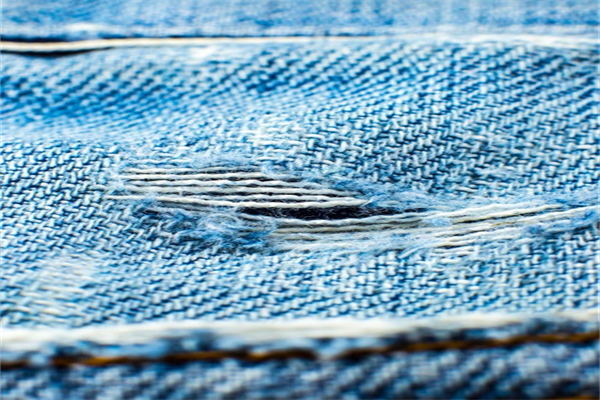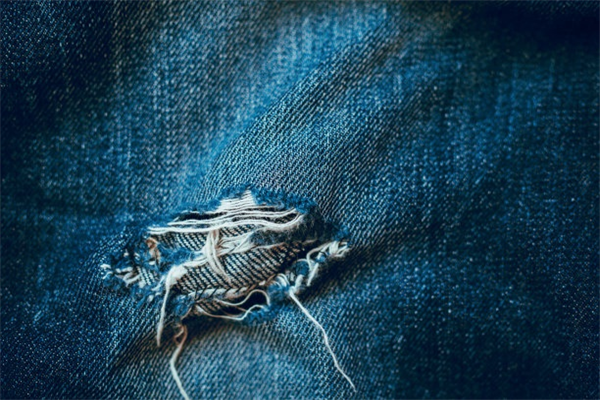The Art of Custom Denim Distressing for a OneofaKind Look
Introduction
Denim has long been a staple in fashion, celebrated for its durability and timeless appeal. However, what truly sets a pair of jeans apart is the art of distressing—a technique that transforms standard denim into a unique, personalized masterpiece. Custom distressing allows wearers to express their individuality through carefully crafted wear patterns, rips, fades, and abrasions. Unlike massproduced distressed denim, custom distressing ensures that no two pairs are alike, offering a truly oneofakind aesthetic.
The beauty of distressed denim lies in its ability to tell a story. Each rip, fade, and fray mimics the natural wear that comes with time, but with an artistic touch that enhances the garment’s character. Whether it’s subtle fading at the knees or dramatic shredding along the thighs, custom distressing elevates denim from ordinary to extraordinary.

The Advantages of Custom Denim Distressing
1. Uniqueness and Personalization
Unlike factorydistressed jeans, which often follow repetitive patterns, custom distressing allows for complete creative control. Every detail—from the placement of rips to the intensity of fading—can be tailored to the wearer’s preferences. This ensures that each pair of jeans is as unique as the person wearing them.

2. Enhanced Comfort
Distressing softens stiff denim, making it more comfortable from the first wear. Strategic sanding and washing techniques break in the fabric naturally, eliminating the need for a lengthy breakin period.
3. Vintage and Authentic Appeal
Handdistressed denim mimics the natural aging process, creating a vintage look that appears authentic rather than artificially manufactured. The irregularities in handapplied distressing techniques add depth and realism to the garment.
4. Sustainable Fashion
Custom distressing breathes new life into old or plain denim, reducing waste and promoting sustainable fashion. Instead of discarding unworn jeans, they can be transformed into stylish, distressed pieces with a fresh aesthetic.
The Process of Denim Distressing
Creating perfectly distressed denim requires skill, precision, and an understanding of fabric behavior. Below is a stepbystep breakdown of the distressing process:
1. Selection of Denim
The process begins with choosing the right denim. Heavierweight denim (12 oz and above) is ideal for distressing, as it holds up well to abrasion and creates more pronounced wear patterns.
2. Marking and Planning
Before any distressing begins, the desired wear patterns are marked on the jeans. Common distressing areas include:
Knees: For naturallooking wear and fading.
Thighs: For trendy ripped or shredded effects.
Pockets and Seams: For subtle fraying and vintage appeal.
3. Abrasion Techniques
Various tools are used to create different distressed effects:
Sandpaper: For controlled fading and softening.
Razor Blades/Utility Knives: For precise rips and shreds.
Pumice Stones: For organic, uneven fading.
Steel Brushes: For whiskering (fine lines around the hips and thighs).
4. Creating Rips and Tears
To achieve realistic rips, the fabric is carefully cut or weakened before being manually frayed. The edges are then brushed to create a natural, wornout appearance.
5. Bleaching and Washing
To enhance fading, the denim may be treated with:
Bleach Solutions: For highcontrast fading.
Stone Washing: For an overall vintage look.
Enzyme Washing: For a softer, more natural fade.
6. HandFinishing
Each distressed area is refined by hand to ensure a balanced and intentional look. Loose threads are trimmed, and additional abrasion is applied if needed.
The Details That Make Distressed Denim Stand Out
1. Whiskering
These are the faint, creaselike lines around the hips and thighs that mimic natural wear from movement. Handsanded whiskering adds depth and authenticity.
2. Honeycombing
Found behind the knees, honeycombing consists of small, hexagonal fade patterns that develop from repeated bending. Artisans recreate this effect using precise sanding techniques.
3. Stacked Fades
Common in skinny or tapered jeans, stacked fades occur where the denim bunches around the ankles. Custom distressing can enhance this effect for a livedin look.
4. Raw Hemming
Instead of a traditional hem, distressed jeans often feature raw, frayed edges for an undone, edgy finish.
5. Patchwork and Repairs
Some custom distressing includes visible mending, sashiko stitching, or fabric patches for a deconstructed, artisanal aesthetic.
Our Custom Denim Distressing Service
At [Your Brand Name], we specialize in transforming ordinary denim into extraordinary statement pieces. Our artisans combine traditional techniques with innovative distressing methods to create jeans that reflect your personal style.
Why Choose Our Service?
Bespoke Designs: Every pair is customized based on your preferences.
Premium Craftsmanship: Our team has years of experience in handdistressing.
EcoFriendly Approach: We prioritize sustainable distressing methods.
Fast Turnaround: Get your custom distressed jeans without the long wait.
How It Works:
1. Consultation: Share your vision—whether it’s subtle vintage fades or bold, ripped detailing.
2. Design Approval: We provide digital mockups before distressing begins.
3. Handcrafting: Our artisans meticulously distress your denim.
4. Final Touches: Quality checks ensure perfection before delivery.
Conclusion
Custom denim distressing is more than just a trend—it’s an art form that celebrates individuality. By carefully crafting each rip, fade, and fray, we create jeans that tell a story and stand out in a sea of massproduced fashion. Whether you prefer a rugged, heavily distressed look or a subtly wornin vintage style, our custom distressing service ensures your denim is as unique as you are.
Explore the endless possibilities of distressed denim and elevate your wardrobe with a truly oneofakind piece.
Global logistics
It can be shipped worldwide
About the MOQ
Minimum order quantity of 200 pieces
Support 24/7
Call us:(+86)138 0277 1794
Free sample
200 pieces MOQ Free sample

Customized product message